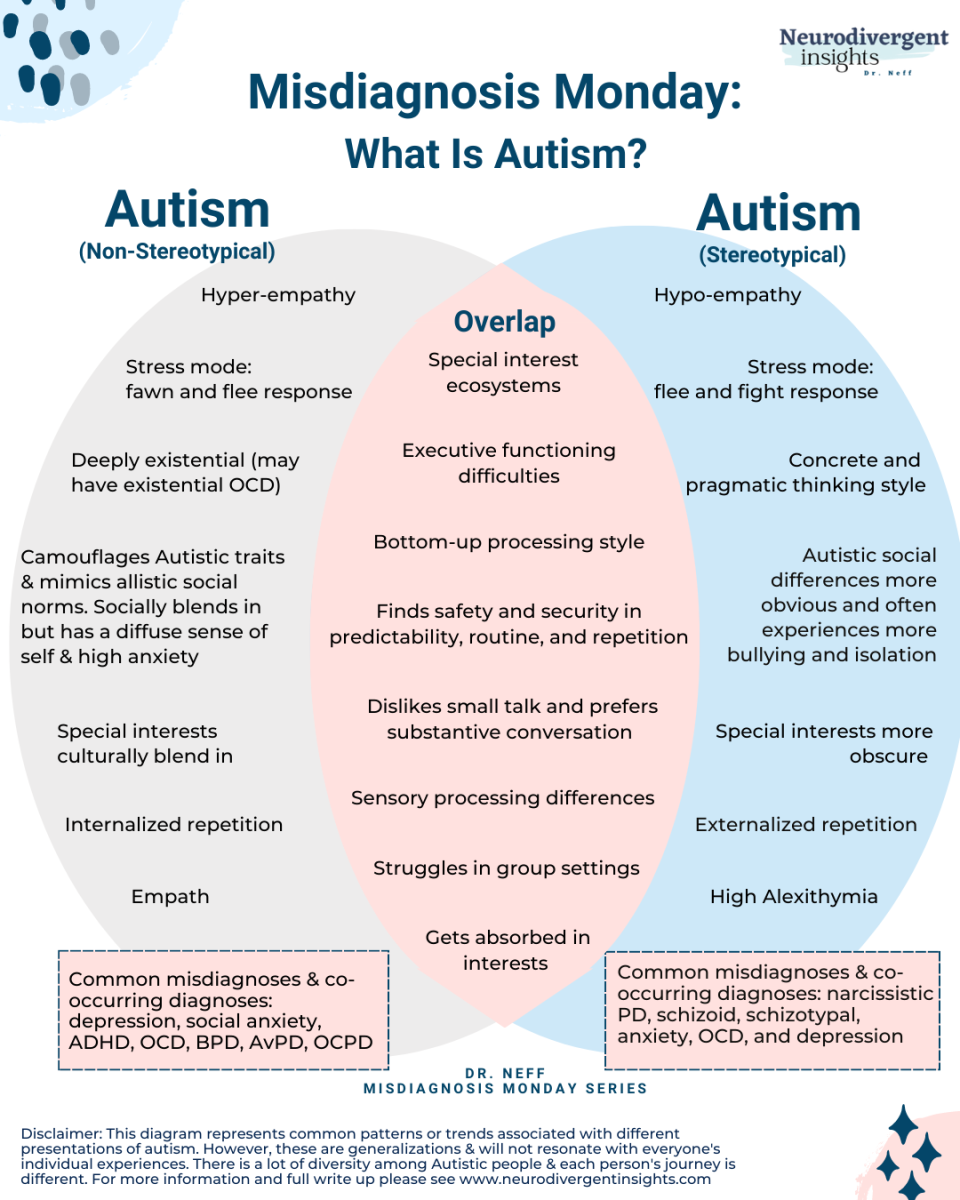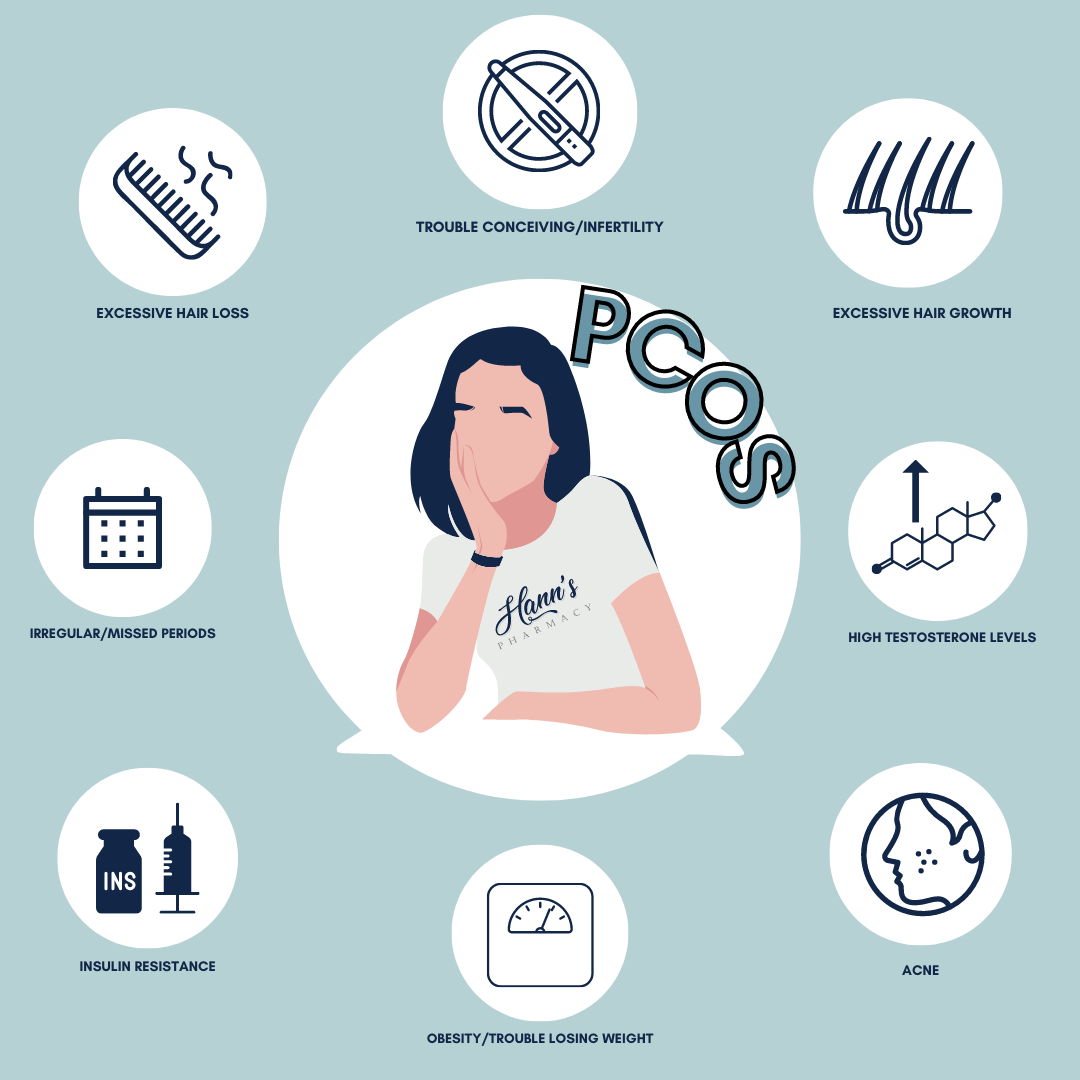Students with droopy eyes fight for their attention and focus to remain on the lecture in front of them. An untouched glazed donut rests in the top corner of their desk beside a Red Bull for a much-needed energy boost. Despite their efforts to stay engaged, the lecture blurs into one monogamous hum as they wrestle with their heavy eyelids. The bell rings, and anxiety seeps in as the walk to the next class feels like a treacherous journey across heavy sand, dragging feet and slumped shoulders. A fluttery, uneasy sensation spreads through the body and the realization that it is just anxiety starts to sink in. This phenomenon, created by high levels of caffeine, a lack of protein, and malnutrition, can blur the lines between anxiety symptoms, poor diet and hormone imbalances.
The connection between eating habits and the wide range of adolescent issues demands attention. Many teens are often misdiagnosed with conditions like anxiety, ADHD and depression because psychologists and psychiatrists tend to ignore the role one’s diet plays. Most undergraduate psychology programs only require one or two classes on diet and nutrition, which contributes to the lack of awareness about this important link. While diet trends come and go, some have scientific backing, such as the Keto, Lectin-free, Paleo and Mediterranean diets. These approaches reduce gut inflammation, heal intestinal permeability, and promote a balanced gut microbiome. However, many teenagers struggle to stay committed to one nutritional lifestyle despite the clear benefits. Consuming a typical diet filled with processed foods, refined sugars, and hard-to-pronounce chemicals can lead to chronic inflammation. High levels of inflammation in the body often manifest as acne, fatigue, insomnia and depression — symptoms that overlap with anxiety and depressive disorders common among adolescents.
Another significant concern is seasonal depression, a condition often linked to shorter days, reduced sunlight, low vitamin D, cold weather, and lower serotonin levels. While environmental factors can play a significant role in impacting one’s mood, the holiday diet many Americans adopt also has a profound impact. Celebrations like Halloween, Thanksgiving and Christmas often bring an increase in processed sugars, refined carbohydrates, lectins and trans fats, all of which can negatively affect mental health. A Harvard study proves that these foods can disrupt the body’s insulin regulation, trigger inflammation, and contribute to oxidative stress, impairing brain function. However, by taking preventative steps before the season begins, people can reduce the risk of seasonal depression. By following a comprehensive dietary guide, as promoted by Dr. Steven Gundry, people of all ages can identify the root causes of their health issues. Adopting a clean-eating lifestyle addresses immediate concerns and plays a crucial role in preventing heart disease, various cancers, diabetes and other chronic conditions.
The connection between diet and mental health highlights the need for greater awareness among teenagers and their families. As adolescents deal with various pressures, they often choose unhealthy foods and drinks that can worsen anxiety and depression. By focusing on nutrition education and promoting healthier eating habits, teens can make better choices for their physical and mental well-being. Advocating for better food regulations and raising awareness about the importance of a balanced diet is crucial, paving the way for a healthier future.









